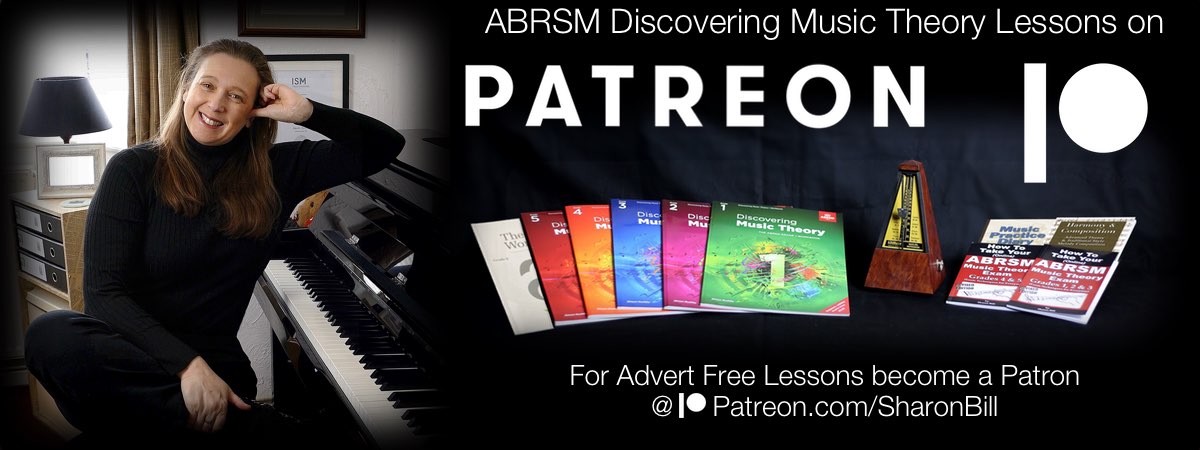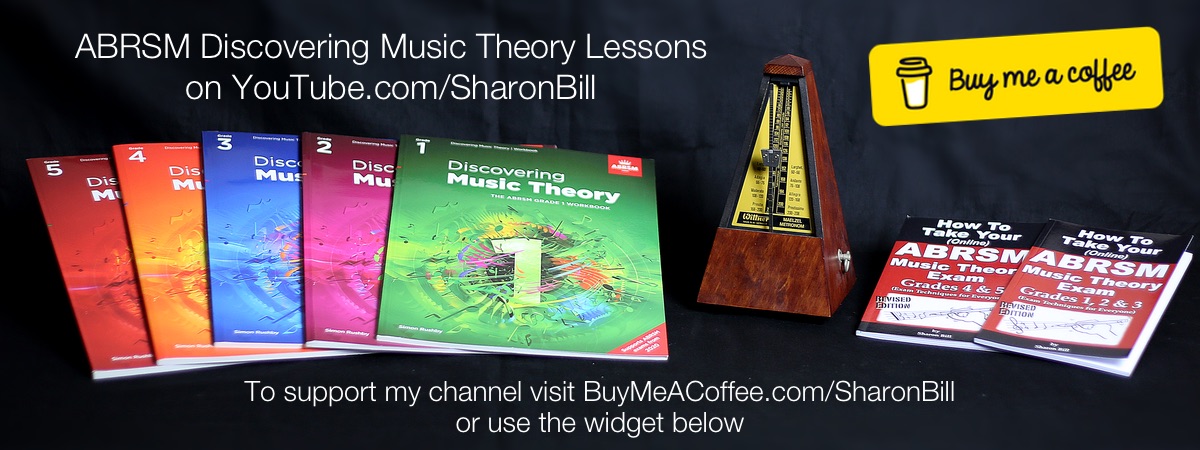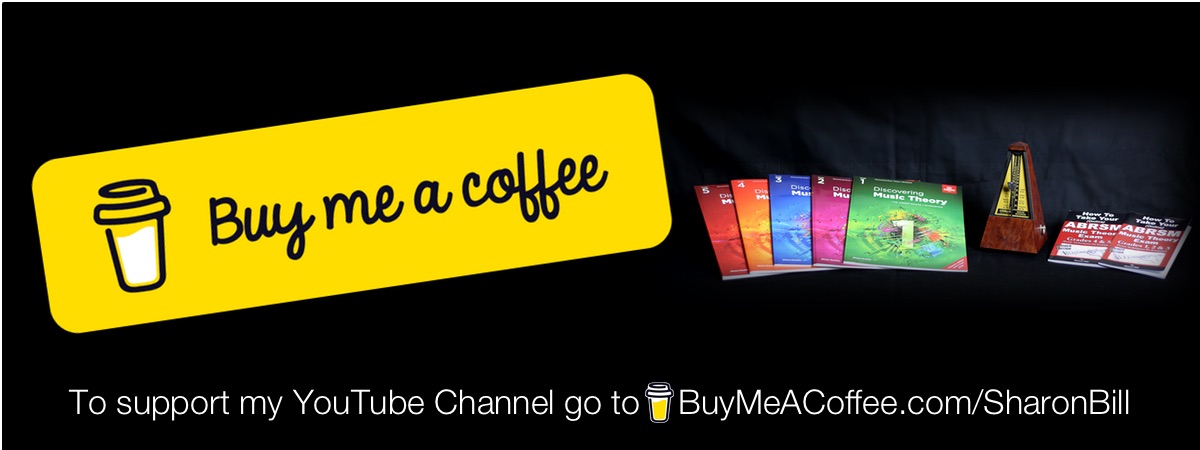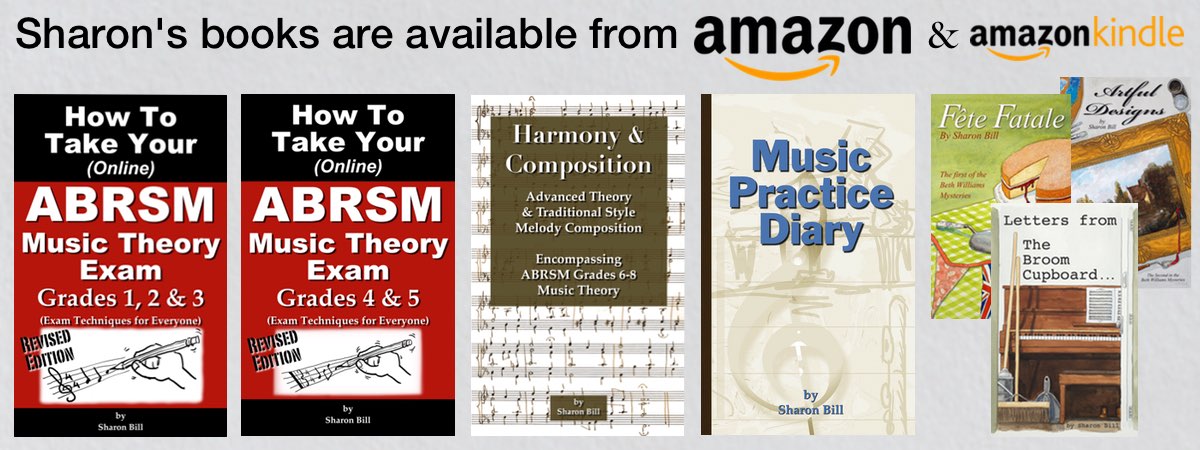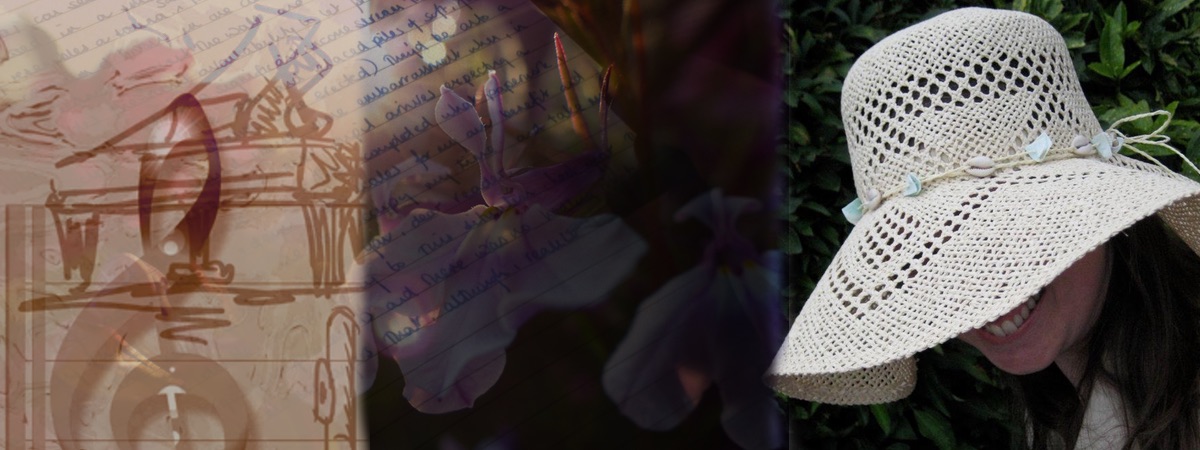Playing the Piano; What Does it Take?
31/05/18 19:48 Filed in: Newchapel News Articles


Regardless of whether you take an exam or not, learning a new piece of music always requires repeated and regular practise. We learn scales and arpeggios, and maybe other various finger exercises alongside playing pieces of music, in a bid to build strength and technique which can then be applied to the music we learn. This helps making the mastery of our chosen music more achievable. This first stage in learning can be hard work, especially as we increase the difficulty of the music. However, just learning the notes is only the first part of the learning process, like getting the maths of a piece in place. The next step is to make the maths become music. We need to ‘lift the music off the page.’ Every piece of music tells a story, even if there aren’t any words, or it paints a picture. We create musical light and shade through combinations of dynamics (loud and soft), articulation (smooth and detached), rhythm (fast and slow) and many other subtle expressions of performance. However, it’s not possible to manage this until the notes are securely under your fingers.
Repeated practise brings about what is sometimes called finger memory, or muscle memory. Essentially we play repeatedly so that, eventually, our fingers can do their job with very little effort from our brain. This doesn’t necessarily mean that you need to know the music from memory, but you now just skim the written notation as a prompt, your fingers already know what comes next. As you grow in ability certain pieces become much easier to play and some you can play straight away (sight reading) and, as you become more proficient, your repertoire of accessible music to play for pleasure grows.
Exams are a great vehicle for introducing more difficult music and also for causing you to learn and appreciate different musical genres. It’s good to play and listen to all sorts of music, including music that you wouldn’t initially choose. In this way you aren’t only becoming a better performer but you are also widening your musical horizons and learning to enjoy all forms of music.
As ever, it’s all about enjoying the journey. Don’t miss out because you’re too focussed on an end goal. Take pleasure and satisfaction in the regular practise routine, even if it doesn’t always sound as beautiful as you’d like (in fact, at times practise sounds downright awful). Take in the view as you go along - learn new styles and new techniques and there’s no knowing where it may take you.
